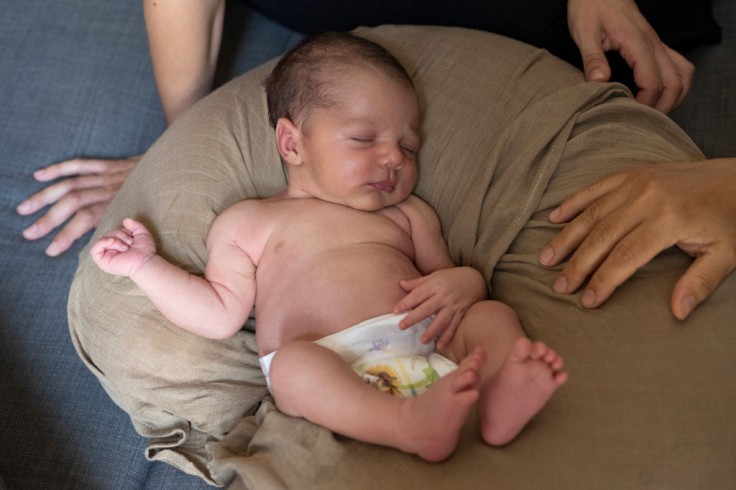
Several states are making it easier for new mothers to keep their Medicaid health insurance in the year after they give birth to a child, according to ABC News. That is welcome news for new moms, as that is when childbirth-related health issues can develop, particularly depression.
However, the program's low reimbursement and tight government budgets may make it hard for new moms with extended coverage to find the doctors they need for their issues.
Venessa Aiken, a new mom based in Orlando, Florida, said many things have changed since the pandemic as many places no longer take Medicaid. For places that accept Medicaid, patients have to wait two months before being seen.
Pregnant women opt for Medicaid health insurance
Many women when they become pregnant, enroll in Medicaid health insurance that is government-funded. That is because qualifying income levels are higher for them than for women who are not pregnant.
The federal government requires states to provide Medicaid coverage for women 60 days postpartum or after the mom's new baby arrives, according to KFF. Mothers in many states lose the coverage after that unless their income levels are extremely low.
Washington, D.C. and 23 other states have said since the spring that they will provide Medicaid extensions to new moms for one whole year postpartum. Other states are looking to follow suit, which is good news for new moms in those areas.
Support for extending Medicaid coverage has been widespread, including liberal and conservative-leaning states. The Biden administration also endorses it to improve equality in the country as postpartum mortality rates can be much higher among American-Indian or Alaskan Native and Black populations.
Medicaid extension matches the reality of postpartum period
The state and federally-funded program Medicaid covers prenatal doctor visits for mothers. It also covers around 42 percent of childbirths in the country, according to CMS. According to researchers and care providers, that coverage should extend well beyond 60 days after the newborn baby arrives.
They noted that many new mothers need more time to squeeze in visits to their doctors while they care for a newborn and recover from childbirth. Some of them also juggle returning to work while doing these things.
Usha Ranji, part of the non-profit Kaiser Family Foundation, which researches health care issues, said that extending Medicaid's coverage matches the reality of the postpartum period for new mothers. Postpartum depression can develop several months after childbirth. Some mothers may also need continued substance abuse treatment and have lingering health issues that need proper care.